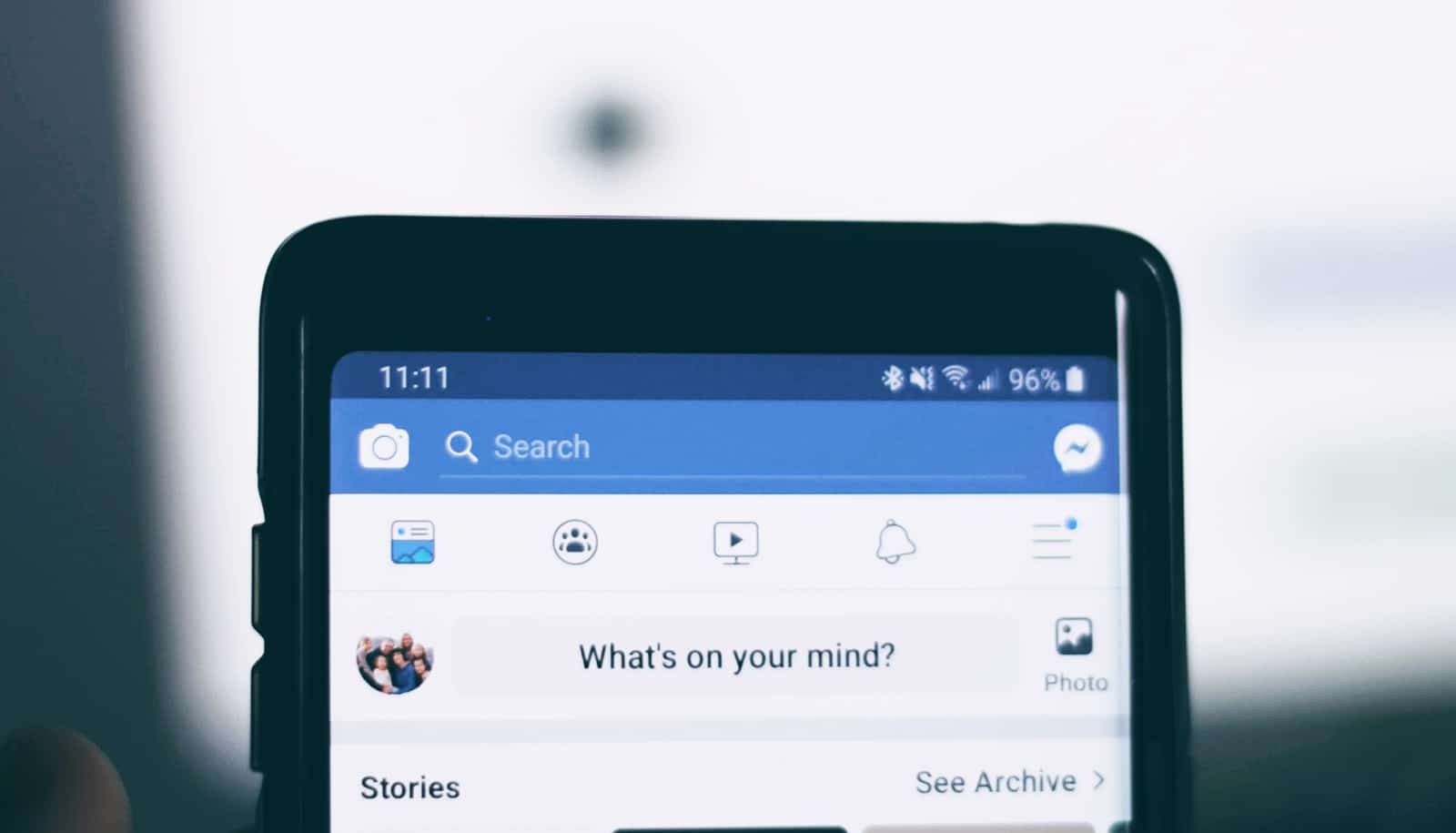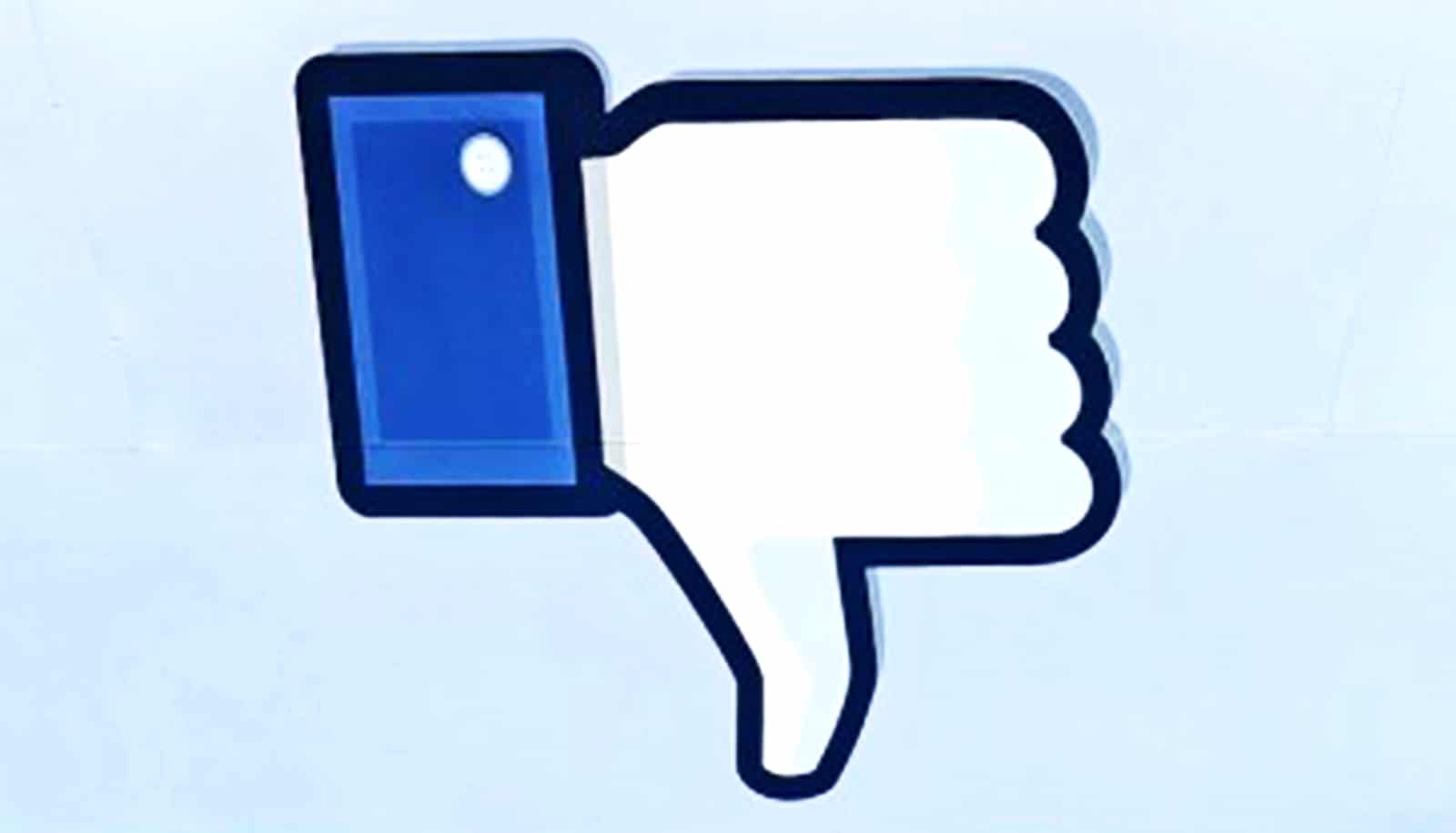Facebook has allowed anti-vaxxers to gain a stronger voice against the HPV vaccine, a new study finds.
The Centers for Disease Control and Prevention estimates that approximately 80 million Americans have an HPV (human papillomavirus) infection, and 14 million new cases occur annually. HPV is associated with genital warts and six types of cancer in men and women, including cervical and throat cancers.
Monique Luisi, an assistant professor in the Missouri School of Journalism, studied more than 6,500 public HPV vaccine-related posts on Facebook over the first 10 years since the US Food and Drug Administration approved the vaccine in 2006.
Despite the vaccine’s reported benefits of preventing multiple cancers and genital warts, Luisi says 45% of the posts she identified displayed a negative tone toward people getting the vaccine. In addition, over the course of a decade, Luisi identified a negative trend occurring on Facebook toward how people perceive the vaccine—including its safety, effectiveness, and whether its use leads to the encouragement of sexual behavior.
“The representation of the HPV vaccine has not only worsened, but negative posts toward the HPV vaccine have received more public engagement, and evidence shows that these negative posts have generated momentum for other related negative posts,” Luisi says.
“It would be one thing if we only saw just the negative information out there. But there’s also negative momentum carried by these posts, and if negative posts are encouraging more people to post other negative content, then we can predict how the conversation is going to go and that people are also being influenced by the messages they see.”
Luisi says her next step for this research will be to study the implications this content has on parents and guardians as decision-makers. She says it’s important for people to recognize the power of sharing things on social media.
“People talk about a lot of things on social media,” she says. “While someone might not be directly involved in a conversation on a particular topic, they still might see that conversation while scrolling through their social media. Therefore, I think it’s important to think about intent when sharing content. Even the simple act of sharing—intentional or unintentional—can influence others.”
The study appears in the journal Vaccine.
Source: University of Missouri


